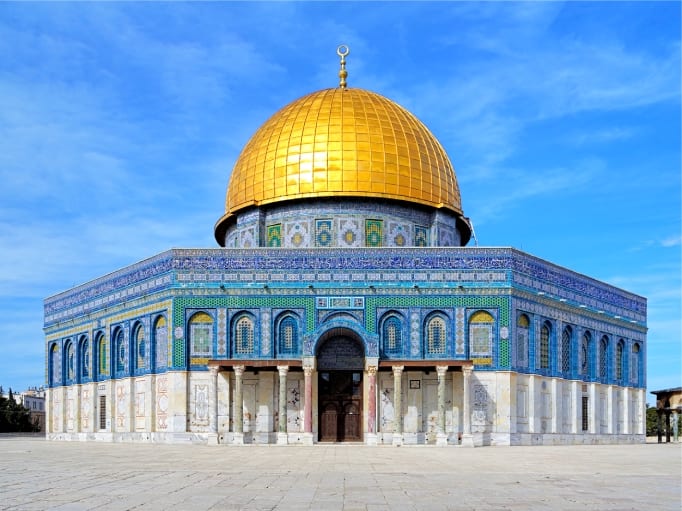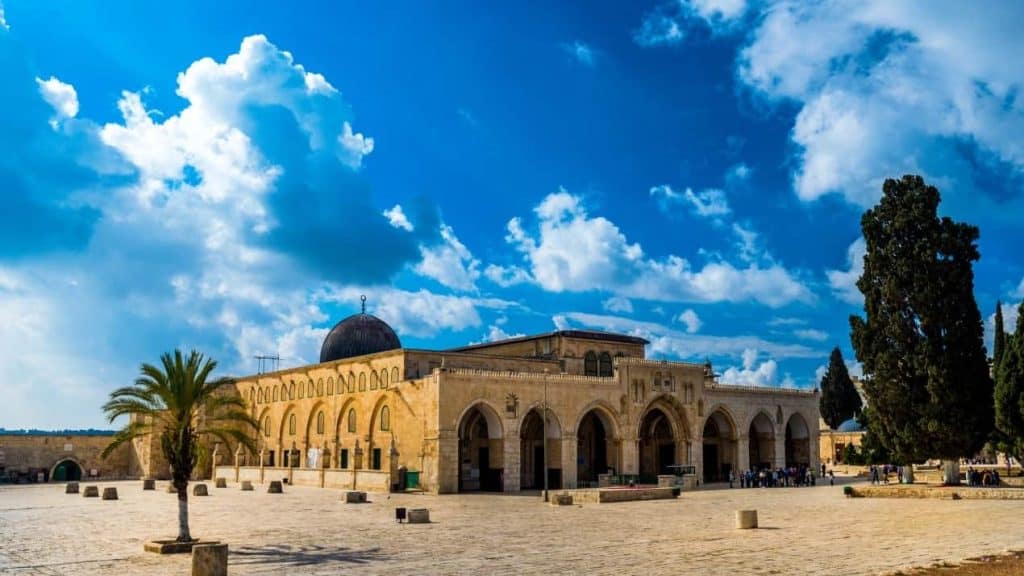Ashura is a significant observance in Islam with deep historical and religious roots. In this post, we’ll explore the meaning, significance, and observance of Ashura in the Islamic tradition.
Dome of the Rock

What is Ashura?
Ashura is the tenth day of Muharram, the first month of the Islamic lunar calendar. This day holds special significance for Muslims, varying between Sunni and Shia Muslims. While it is a day of fasting and reflection for many, it carries different historical and religious associations for each group.
Ashura: Sunni Observance
Moreover, for Sunni Muslims, Ashura is a day of voluntary fasting and devotion. It is a day to remember and honor the numerous significant events on this date throughout history. Some of these events include:
In addition, the day Allah saved the Prophet Moses (Musa) and the Israelites from Pharaoh’s tyranny by parting the Red Sea. It is believed that fasting on this day is a way to commemorate this miraculous event.
Furthermore, the day Prophet Noah’s (Nuh) Ark came to rest on Mount Judi after the Great Flood. It symbolizes salvation and new beginnings.
The day when the Prophet Muhammad fasted in Mecca before the obligation of fasting during Ramadan was instituted. Fasting on Ashura is seen as an act of atonement for minor sins.
Al Aqsa Mosque

Shia Observance
For Shia Muslims, particularly the Twelver Shia, Ashura carries a more solemn and mournful tone. It is observed as a day of mourning to commemorate the martyrdom of Imam Hussein, the grandson of the Prophet Muhammad, at the Battle of Karbala in 680 CE. This event is central to Shia Islam and symbolizes the struggle for justice and resistance against tyranny.
Shia Muslims participate in mourning processions, listen to elegies, and reflect on the tragedy of Karbala. These rituals serve as a way to connect with the suffering and sacrifice of Imam Hussein, his family, and his companions.
Common Practices
While Sunni and Shia observances of Ashura may differ in emphasis, both communities often engage in acts of charity, prayer, and reflection on this day. It is also customary for Muslims to break their fast with dates, in emulation of the traditions of the Prophet Muhammad.
The Universal Message
Ashura, in its various interpretations, carries a universal message of justice, resistance against oppression, and a deep connection to God. It reminds Muslims of the importance of compassion, empathy, and standing up for what is right. It serves as an occasion to remember past lessons and draw strength and inspiration from them.
Conclusion
Lastly, Ashura is a significant day in the Islamic calendar, observed with various practices reflecting the Muslim world’s diversity and historical richness. It is a day of reflection, mourning, and devotion, focusing on faith, justice, and the pursuit of God’s guidance. So, understanding the different interpretations and observances of Ashura is essential for fostering intercultural understanding and appreciating Islam’s religious and historical tapestry. More about Ashura on Wikipedia!







